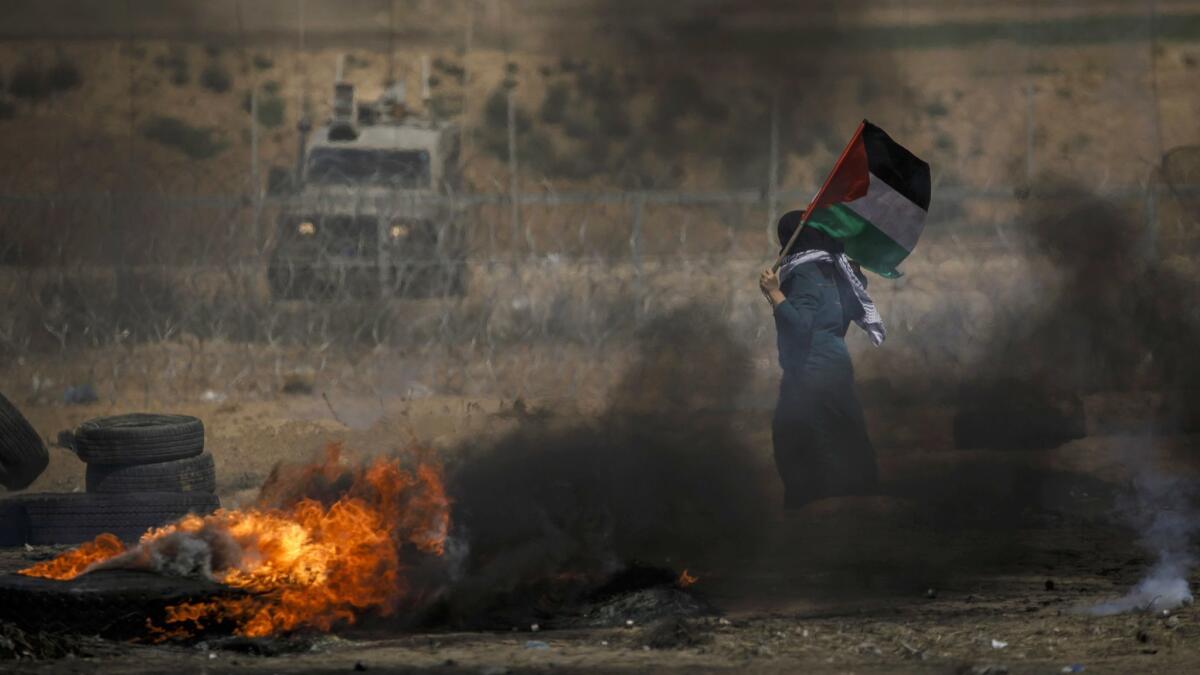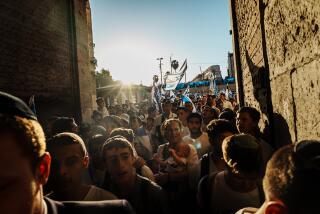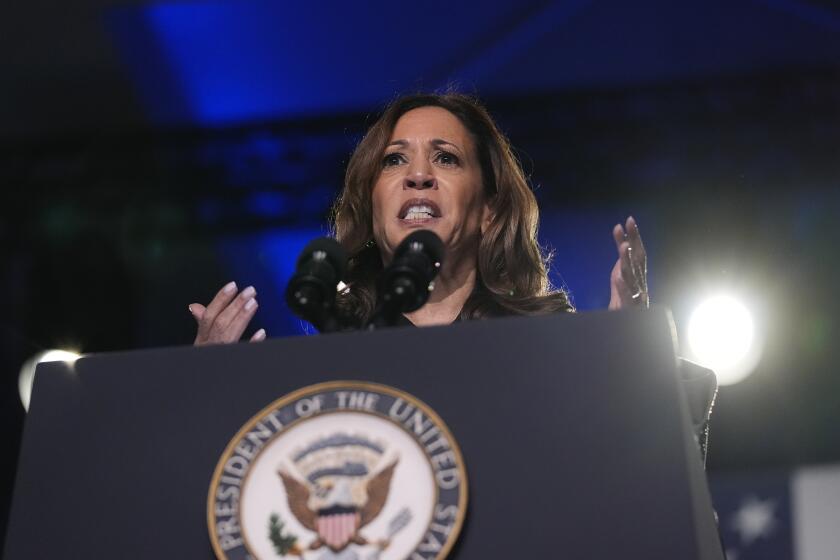Palestinians look to Arab governments for support, but the response is tepid

There has been no shortage of dramatic images from the Gaza Strip in recent weeks as Palestinian protesters have faced off against the Israeli military.
Crowds of demonstrators rushing the border fence. Israeli soldiers using tear gas and live fire to keep them back. Funeral processions for more than 100 Palestinians who were shot to death.
But one thing was in short supply: expressions of solidarity with the Palestinian cause from the Arab world.
Arab governments were measured in their condemnations of both Israel, which suffered no loss of life in the clashes, and its most important ally, the United States, which escalated tensions by moving its embassy from Tel Aviv to the disputed capital of Jerusalem.
Nor were there many street protests around the Middle East, with most of the criticism from ordinary Arabs limited to angry posts on Facebook and Twitter.
“We felt somehow abandoned by the world,” said Nabil Shaath, a foreign affairs advisor to Palestinian Authority President Mahmoud Abbas. “You expect that people and their governments would act more sharply.”
Palestinian calls for regional governments to sever diplomatic ties with Guatemala and Paraguay — both of which followed the U.S. lead and moved their embassies to Jerusalem — were met with silence.
“Arab governments issued laconic statements but have stopped short of taking any action,” said Khaled Abu Toameh, an analyst of Palestinian politics based in Jerusalem.
People in the Gaza Strip even feel abandoned by other Palestinians. Residents of the enclave have lived under a crushing economic blockade since 2007, when the Islamist militant group Hamas ousted the Palestinian Authority, a secular government, and took control there.
In the West Bank city of Ramallah, where the Palestinian Authority is headquartered, few people had much to say about the deaths in the Gaza Strip.
The relationship between the Palestinians and the rest of the Arab world has a complicated history.
For decades, the Palestinian cause was a rallying point for people throughout the Middle East. Past crises in the occupied territories routinely triggered massive street protests against Israel and the United States. Those demonstrations were often encouraged by Arab governments, which played up anti-Israel sentiment to promote regional cohesion and deflect attention from political repression and economic hardship in their own countries.
Still, support for the Palestinian people had its limits. Jordan is the only Arab country that has granted citizenship to Palestinian refugees.
So why is the regional response to the current situation in Gaza so muted?
For starters, Arab governments face more immediate problems — many of them unleashed by the popular uprisings of the “Arab Spring” movement that began in 2010.
The civil war raging in Syria since 2011 has claimed more than a half million lives, created the worst refugee crisis since World War II and divided longtime allies Turkey and Iran. Saudi Arabia, Iran’s chief rival for regional influence, is trying to modernize its deeply conservative society without alienating powerful religious forces there. It has also become deeply embroiled in the brutal civil war in neighboring Yemen.
Many Arab countries quietly cooperate with Israel on trade, security and other issues, and the once-common stance that Israel has no right to exist has lost some traction. In May, after Iran fired rockets from Syria into Israel and Israel retaliated with missile strikes, Khalid bin Ahmed al Khalifa, the foreign minister of the Persian Gulf nation of Bahrain, which does not have diplomatic relations with Israel, tweeted: “As long as Iran violates the regional status and uses its forces and missiles to transform states into wastelands, every country in the area including Israel has the right to defend itself and destroy the sources of danger.”
In addition, many Arab governments have lost patience with the Palestinian Authority and with Abbas, who at 82 has done little to advance the cause of peace and whose government is mired in mismanagement and corruption.
“The problem first and foremost lies with the Ramallah Palestinian Authority,” said Ghanem Nuseibeh, the Palestinian co-founder of the London-based risk consulting firm Cornerstone Global Associates. “They have over the years abandoned any real appetite for peace and their relationship with moderate Arab states gradually worsened.”
Finally, most Arab governments are no fans of Hamas. It is an offshoot of the Muslim Brotherhood, which has been banned in Egypt, where it was founded, and is widely seen as a threat to regional stability. About half the people killed in Gaza in recent weeks were members of Hamas, according to the group.
That rejection of Hamas also helps explain why Palestinians in the West Bank didn’t demonstrate in support of Gaza.
In an article titled “Why the West Bank is so quiet when blood is flowing in Gaza,” David Rosenberg, a columnist for the Israeli daily Haaretz, wrote last week that the lack of visible solidarity is “shocking” but that it boils down to economic disparities between the two areas.
In the Gaza Strip, unemployment is almost 50%, basic services such as water and electricity are in shambles and Hamas military sites there are frequent targets of Israeli attacks. The West Bank, for all its problems, is much more stable. Most people there have little desire to join a violent uprising and fear Hamas’ radical ideology as much as the West does.
“The situation in the West Bank is relatively good, very good compared with Gaza,” Abu Toameh said. “People have a lot to lose.”
To be sure, there was some expression of solidarity with the Gazans.
The government of Qatar decried the “brutal massacre and systematic killing committed by the Israeli occupation forces against unarmed Palestinians in the Gaza Strip, including children and women, during their peaceful and legitimate protest.”
On Sunday, more than 10,000 Moroccans marched in the city of Casablanca to protest the U.S. Embassy relocation, carrying signs declaring Jerusalem “Palestine’s eternal capital” and chanting “Death to Israel.”
And last Friday, thousands of people waving Palestinian flags gathered in Istanbul for a rally and regional summit organized by Turkish President Recep Tayyip Erdogan to protest the embassy move and the deaths in Gaza.
“The blood of innocent Palestinians is on the hands of the United States of America, whose Jerusalem decision laid the ground for Israel’s massacre,” he told the crowd.
But those instances were the exceptions. Tellingly, Qatar, an ally of Hamas, avoided any mention of the U.S. Embassy in Jerusalem.
And for all of Erdogan’s criticism of Israel and the U.S., his most stinging rebuke was directed at the Arab governments that he said had abandoned the Palestinians.
“The Islamic world failed Jerusalem,” he told Arab leaders at the summit. “Muslim leaders are very good at fighting one another but are shy when fighting enemies of Islam.”
Tarnopolsky is a special correspondent.
More to Read
Sign up for Essential California
The most important California stories and recommendations in your inbox every morning.
You may occasionally receive promotional content from the Los Angeles Times.










